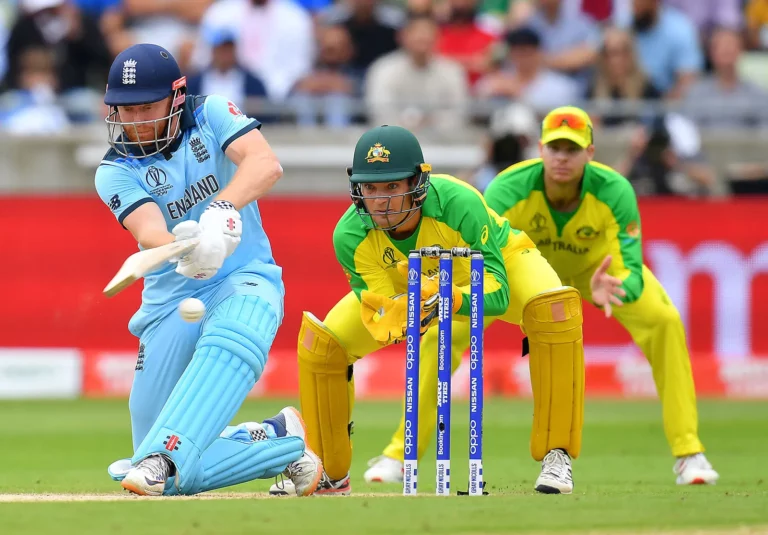The Importance of Tactical Flexibility in the IPL
all panel.com, online cricket id, get online cricket id:The Indian Premier League (IPL) is one of the most exciting and competitive cricket tournaments in the world. With teams comprised of some of the best players from around the globe, matches can be unpredictable and thrilling to watch. One key component that can make or break a team’s performance in the IPL is tactical flexibility.
Tactical flexibility refers to a team’s ability to adapt and adjust their strategies and game plans based on the situation at hand. In a fast-paced and dynamic game like T20 cricket, being able to think on your feet and make quick decisions can often be the difference between winning and losing.
In the IPL, teams play a wide variety of opponents who have different strengths and weaknesses. Being able to identify these strengths and weaknesses and come up with a game plan to exploit them is crucial. This requires a deep understanding of the game, as well as the ability to analyze and react to the ever-changing dynamics of a match.
For example, if a team is facing a strong bowling attack, they may need to adjust their batting lineup to counteract this threat. This could mean promoting a player who is particularly good at facing fast bowling or shuffling the order to confuse the opposition.
Similarly, if a team is struggling to take wickets, they may need to change their bowling tactics by bringing on spinners earlier or trying out different variations to keep the batters guessing. Being able to make these kinds of strategic decisions in real-time can give a team a significant advantage.
Another important aspect of tactical flexibility is the ability to make changes mid-match based on how the game is unfolding. This could involve switching up the bowling attack, changing fielding positions, or even altering the overall game plan. Teams that are able to stay nimble and adapt to the situation are often the ones that come out on top.
In the IPL, where every match is crucial and the competition is fierce, having a coach and captain who can think strategically and make smart decisions under pressure is essential. The best teams in the tournament are the ones that are able to read the game well and make the right calls at the right time.
Ultimately, tactical flexibility in the IPL is about being proactive rather than reactive. It’s about constantly assessing the situation, thinking ahead, and being willing to make bold moves when necessary. In a league where margins are tight and every run counts, this can be the difference between a good team and a great one.
So, as we gear up for another thrilling season of the IPL, keep an eye out for the teams that show tactical flexibility on the field. They are likely to be the ones to watch and the ones with the best chance of lifting the coveted trophy at the end of the tournament.
—
FAQs
Q: What are some examples of tactical flexibility in the IPL?
A: Some examples of tactical flexibility in the IPL include changing the batting order to counter a strong bowling attack, altering the bowling tactics mid-match to target specific batters, and adjusting fielding positions based on the game situation.
Q: How important is tactical flexibility in winning matches in the IPL?
A: Tactical flexibility is crucial in the IPL as it allows teams to adapt to different opponents and game situations. Teams that can think on their feet and make quick decisions are more likely to come out on top in this competitive tournament.
Q: What role do coaches and captains play in implementing tactical flexibility?
A: Coaches and captains play a key role in implementing tactical flexibility in the IPL. They are responsible for analyzing the game, coming up with strategies, and making decisions on the field to give their team the best chance of success.







